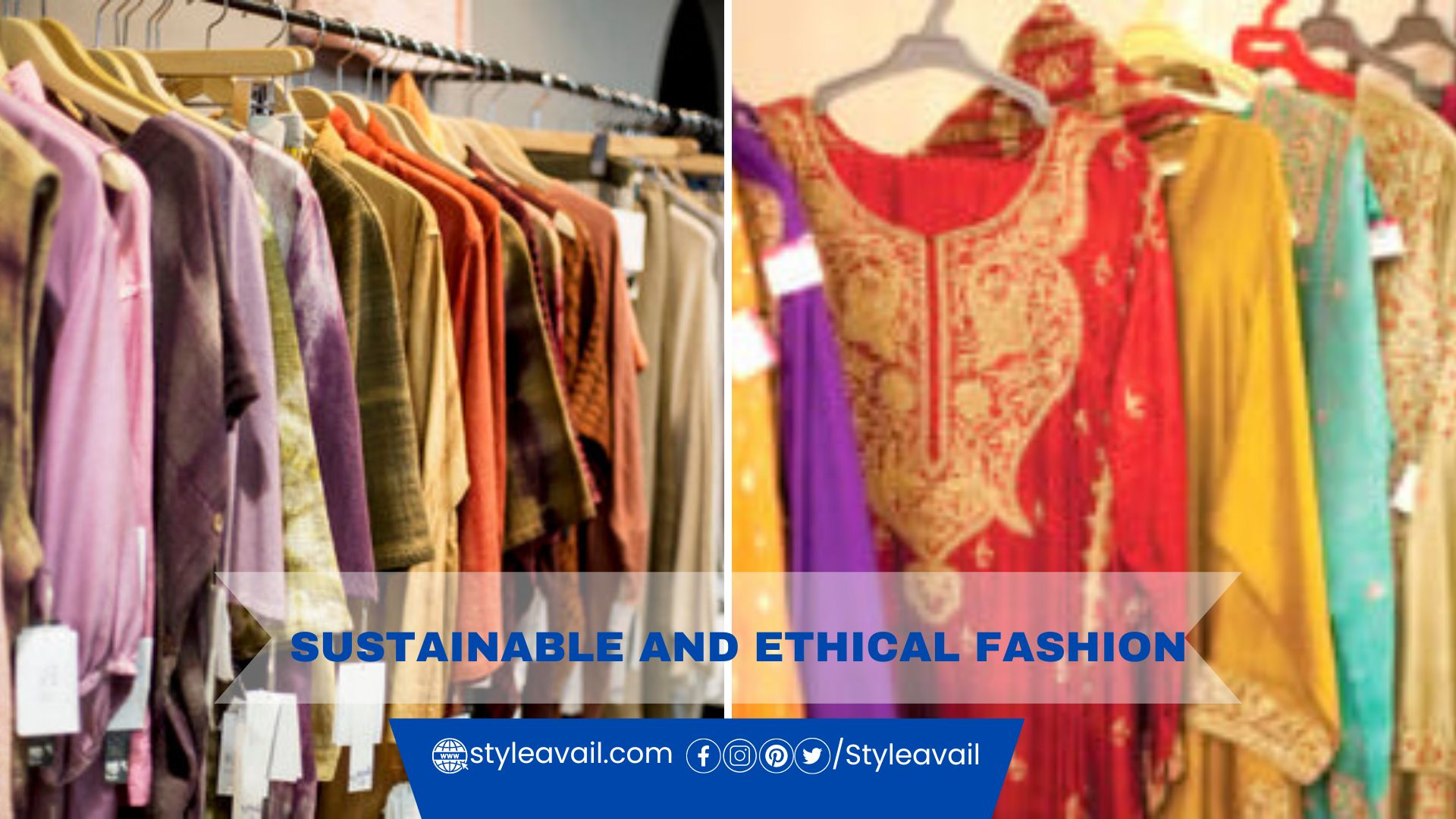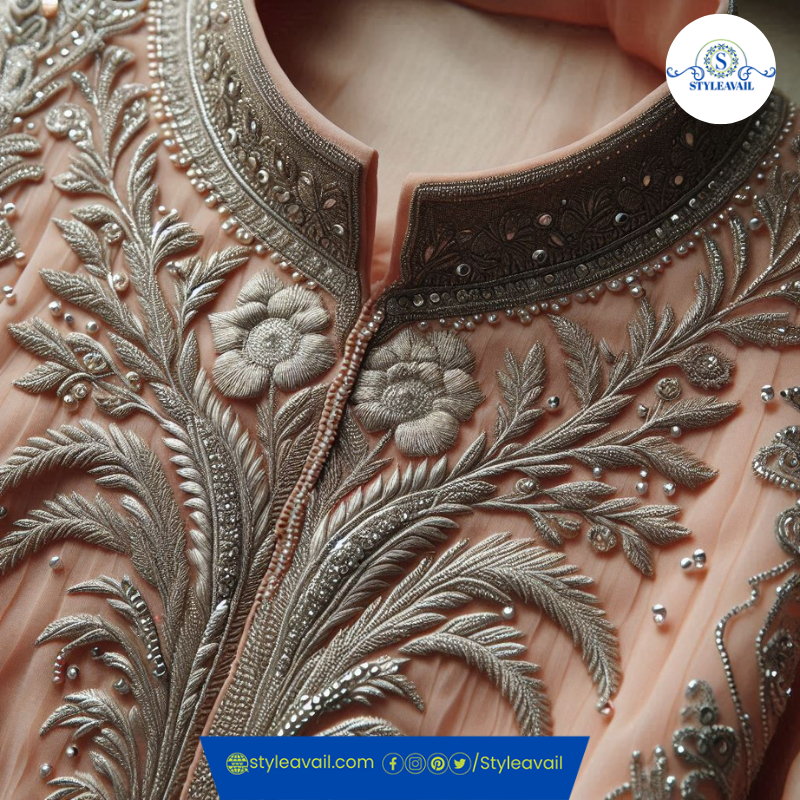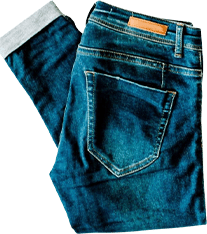Introduction to Sustainable and Ethical Fashion
Sustainable fashion focuses on reducing the environmental impact of clothing production and consumption, while ethical fashion emphasizes fair treatment of workers throughout the supply chain. Sustainable and Ethical Fashion Both concepts aim to address the negative consequences of conventional fashion practices and promote more responsible alternatives.
Sustainable and Ethical Fashion
In today’s world, where environmental consciousness and ethical considerations are at the forefront, the fashion industry is undergoing a significant transformation. The emergence of sustainable and ethical fashion has become a crucial aspect for both consumers and producers alike. This article will delve into the concepts of sustainable and ethical fashion, explore their differences, and provide insights into how to create a blog centred around these principles.
Understanding Ethical Fashion
Ethical fashion pertains to the social and moral aspects of clothing production. What is ethical and sustainable fashion It involves ensuring fair wages, safe working conditions, and respect for human rights at every stage of the supply chain, from sourcing raw materials to manufacturing and distribution.
Understanding Sustainable Fashion
Sustainable fashion encompasses environmentally friendly practices that minimize resource depletion, pollution, and waste generation. Is sustainable fashion sustainable It involves using eco-friendly materials, implementing efficient production processes, and promoting circularity by encouraging reuse, recycling, and upcycling.
Comparison: Ethical vs. Sustainable Fashion
While ethical and sustainable fashion share similar goals of promoting responsible practices, they differ in their focus areas. Ethical vs Sustainable Fashion Ethical fashion primarily concerns itself with social issues, whereas sustainable fashion places greater emphasis on environmental considerations. However, the two often intersect, as environmentally conscious practices often lead to improved working conditions and vice versa.
Challenges and Criticisms
Despite the growing popularity of sustainable and ethical fashion, challenges persist. The term “sustainable” is sometimes used loosely, leading to greenwashing and misleading claims. Sustainable and Ethical Fashion Moreover, achieving true sustainability in the fashion industry remains a complex and ongoing process, given the industry’s reliance on finite resources and global supply chains.
Is Sustainable Fashion Sustainable?
While sustainable fashion strives to minimize environmental impact, its sustainability is contingent on various factors. The use of organic materials, eco-friendly production techniques, and responsible waste management are steps in the right direction. However, achieving true sustainability requires continuous innovation, transparency, and collaboration across the industry.
Key Benefits of Embracing Sustainable and Ethical Fashion
Embracing sustainable and ethical fashion offers numerous benefits beyond environmental and social impact. It promotes innovation, fosters community engagement, and cultivates a sense of purpose and responsibility among consumers. By supporting brands that prioritize sustainability and ethics, consumers can drive positive change within the fashion industry.
Conclusion
In conclusion, creating a sustainable and ethical fashion blog allows individuals and firms like Styleavail to contribute to a more conscientious and compassionate fashion industry. By educating and inspiring others to embrace sustainable and ethical practices, bloggers can play a vital role in shaping the future of fashion alongside Styleavail and other entities committed to positive change.
FAQs
- What exactly is sustainable fashion? Sustainable fashion refers to clothing produced using environmentally friendly practices that minimize resource depletion, pollution, and waste generation.
- How does ethical fashion differ from sustainable fashion? Ethical fashion focuses on ensuring fair treatment of workers throughout the supply chain, whereas sustainable fashion emphasizes environmental considerations.
- Can fast fashion brands be sustainable? While some fast fashion brands are making efforts to become more sustainable, the inherently rapid production and consumption cycle of fast fashion presents significant challenges to achieving true sustainability.
- Is sustainable fashion more expensive? In some cases, sustainable fashion may come at a higher price point due to the use of eco-friendly materials and ethical labour practices. However, investing in quality, ethically made garments can lead to long-term cost savings and reduced environmental impact.
- How can consumers support sustainable and ethical fashion? Consumers can support sustainable and ethical fashion by making informed purchasing decisions, prioritizing quality over quantity, and supporting brands that prioritize transparency, environmental responsibility, and fair labor practices.









